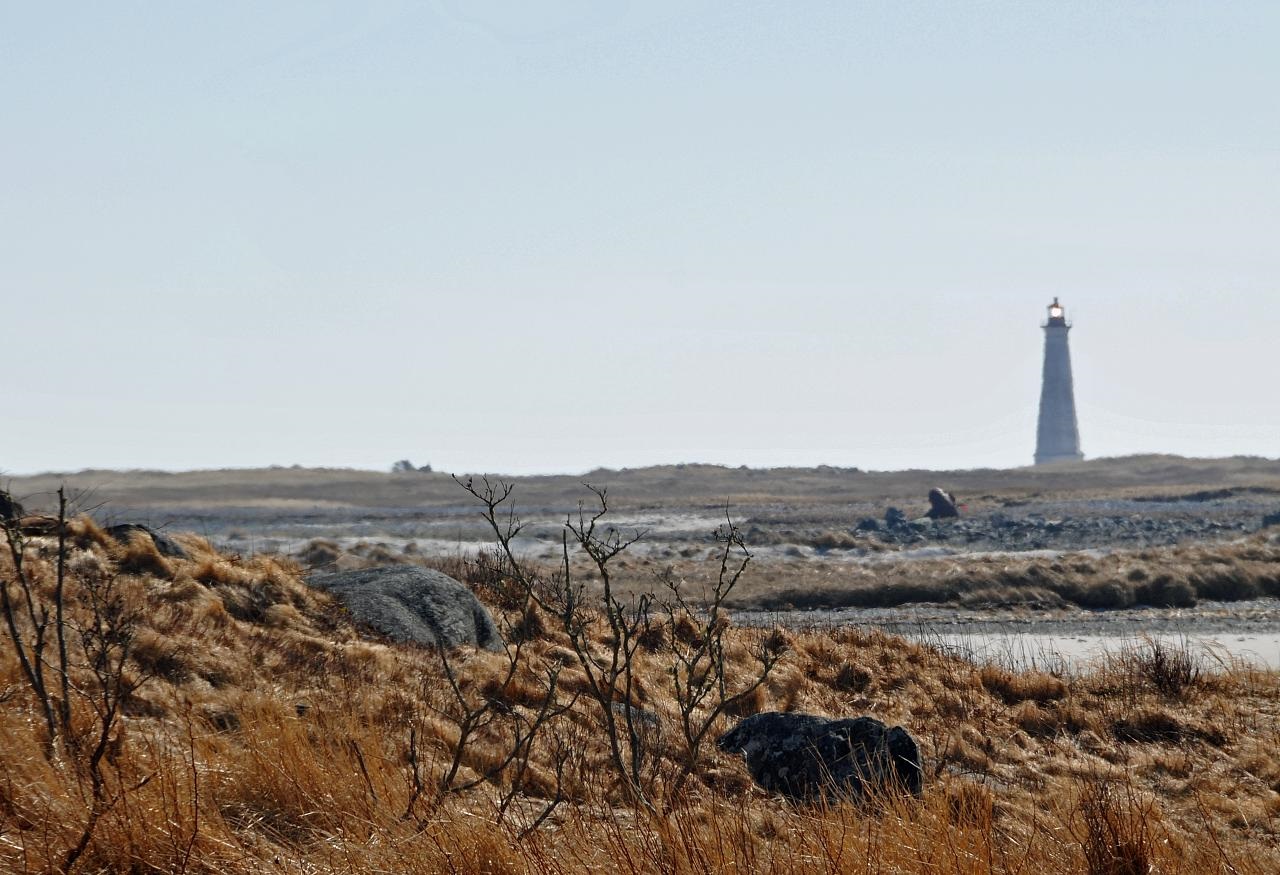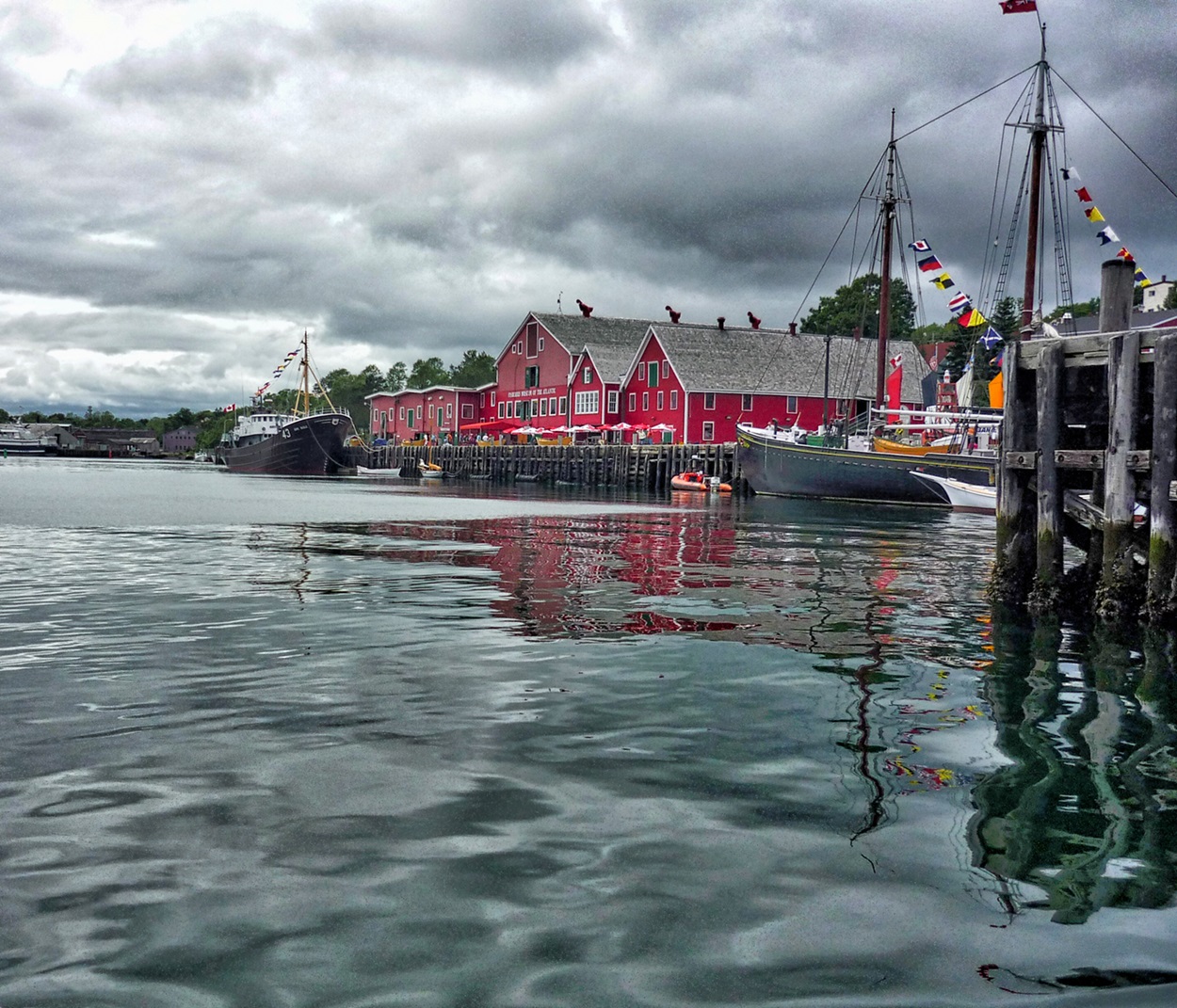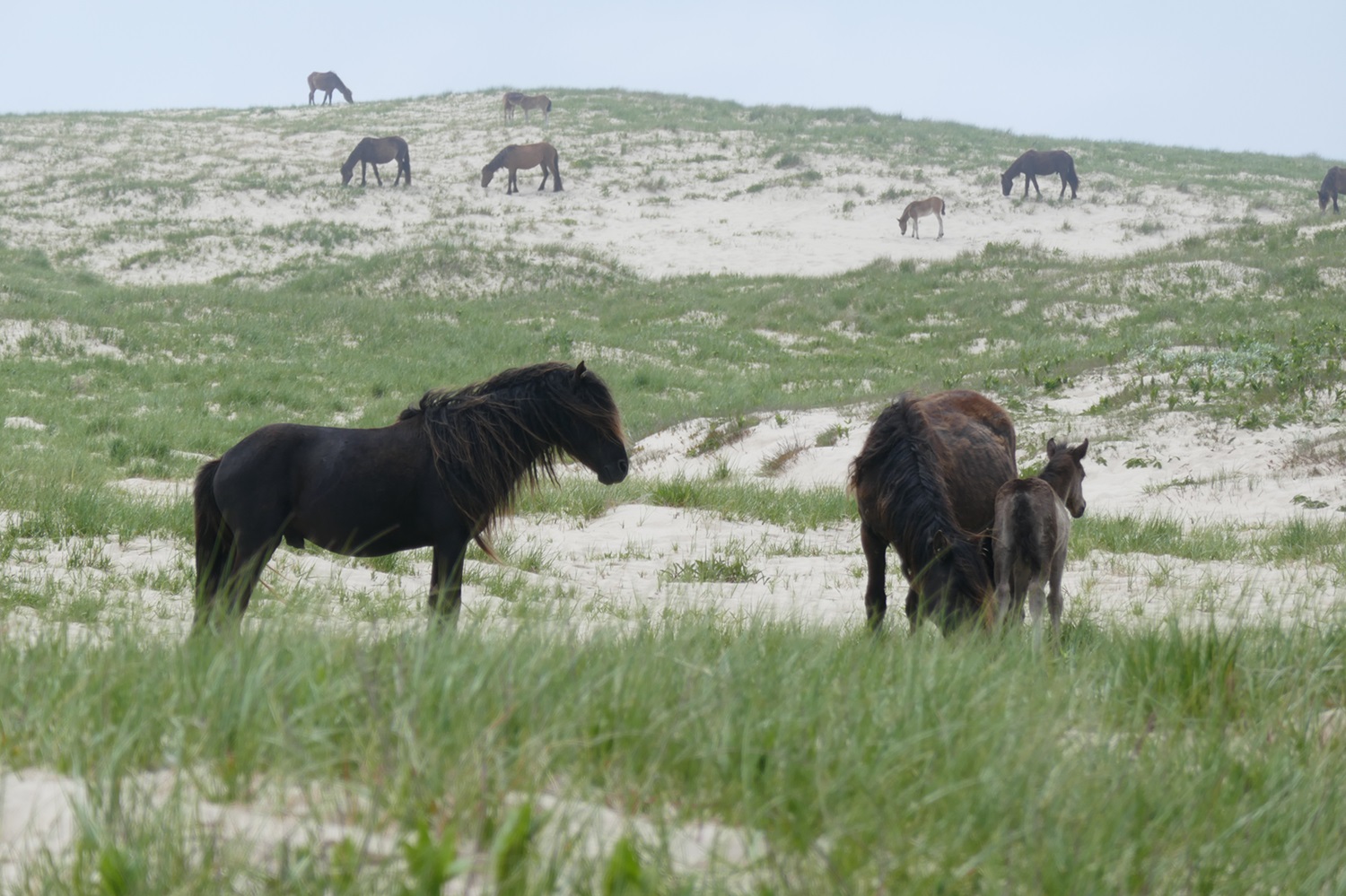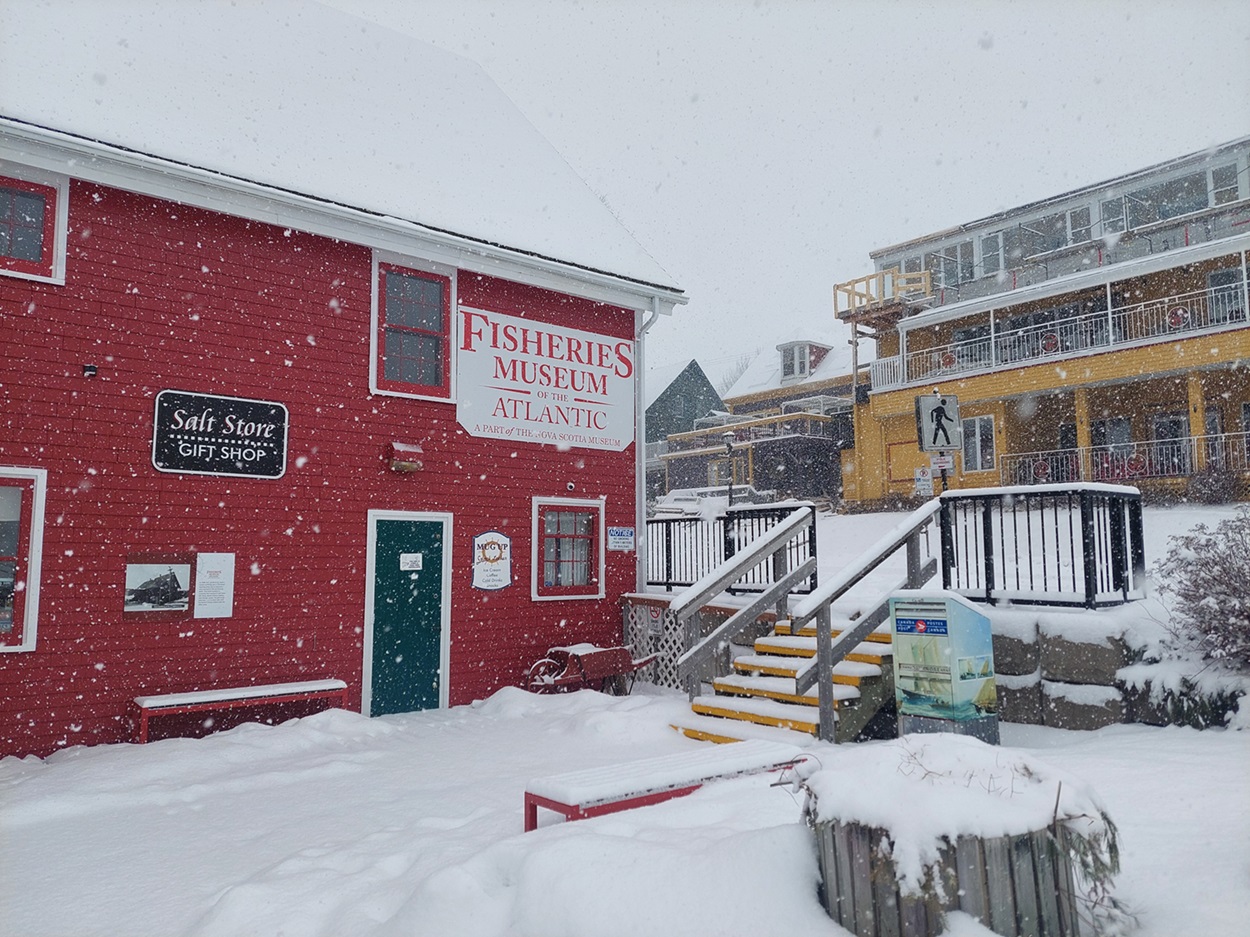Cape Sable Island is a flat, wooded island off the southwestern tip of Nova Scotia. Connected to the mainland by a causeway on the north side, it shelters the waters of Barrington Bay to the east. The nearby town of Barrington is known as the Lobster Capital of Canada. The southern tip of Cape Sable Island is the southernmost point of accessible Nova Scotia, and just south of there lies a small island, which represents the southernmost point in Nova Scotia.
History
The Mi'kmaq hunted seals off Cape Sable Island. Acadians settled here but did not return after they were deported in 1756 (see History of Acadia). The Acadians were later replaced by planters from Massachusetts. The main settlement on the island is Clark's Harbour, which has been incorporated as a town since 1919. The causeway connecting Cape Sable Island to the mainland was built around 1949.

Economy
The primary industry is fishing, with major landings of lobsters and scallops. Ground fishes (e.g., cod and haddock) were also important catches before the collapse of that fishery in the early 1990s. There is also a strong tradition of boatbuilding here: the first Cape Island boat, the familiar craft of Atlantic inshore fishermen, was launched in 1905. In summer, the island is often shrouded in fog, produced when warm, moist continental air encounters the unusually cold surface waters off Cape Sable. The low sea surface temperatures are caused by intense tidal mixing that blends cold deep water with the warmer surface layer. These conditions also support a highly productive ecosystem and are, in part, responsible for the valuable fisheries.
Today, tourism plays an increasingly important role in the local economy. The island hosts the Sea Me Run Nova Scotia Marathon, which is a Boston Marathon qualifier that attracts runners from across the country and abroad. This marathon has been running for over 50 years

 Share on Facebook
Share on Facebook Share on X
Share on X Share by Email
Share by Email Share on Google Classroom
Share on Google Classroom






